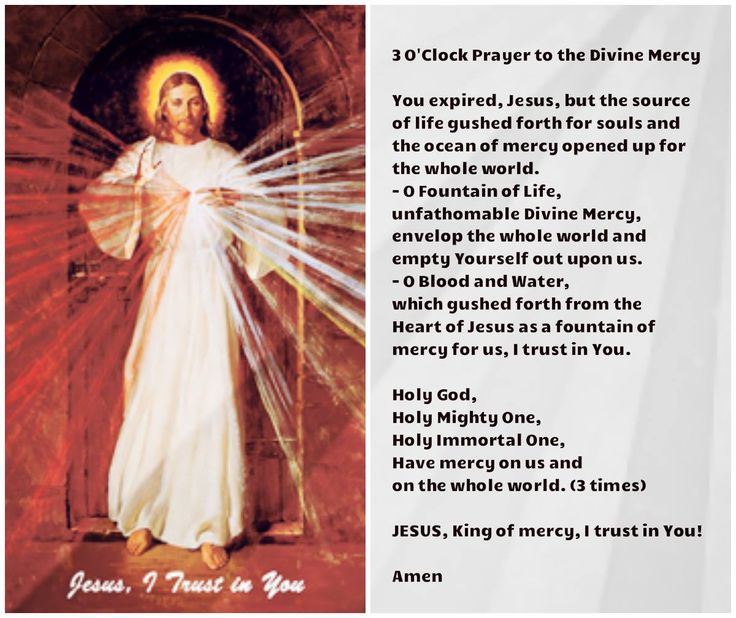


In the biblical text, the phrase is always personalized by an explicit object (such as, "on me", "on us", "on my son"), while in the Eucharistic celebration it can be seen more as a general expression of confidence in God's love. Mark 10:46, where blind Bartimaeus cries out, "Jesus, Son of David, have mercy on me." There are other examples in the text of the gospels without the kyrie "lord", e.g.

Luke 17:13 has epistates "master" instead of kyrios "lord" ( Ἰησοῦ ἐπιστάτα ἐλέησον ἡμᾶς), being less suggestive of the kyrios "lord" used as euphemism for YHWH in the Septuagint. In the Parable of the Publican and the Pharisee (Luke 18:9-14) the despised tax collector who cries out "Lord have mercy on me, a sinner" is contrasted with the smug Pharisee who believes he has no need for forgiveness. Matthew 20:30: two unnamed blind men call out to Jesus, "Lord, have mercy on us, Son of David." ( Ἐλέησον ἡμᾶς κύριε υἱὸς Δαβίδ).Matthew 15:22: the Canaanite woman cries out to Jesus, "Have mercy on me, O Lord, Son of David." ( Ἐλέησόν με κύριε υἱὲ Δαβίδ).In the New Testament, the Greek phrase occurs three times in Matthew: Greek ἐλέησόν με κύριε, "have mercy on me, Lord", is the Septuagint translation of the The prayer, Kyrie, eleison, "Lord, have mercy" derives from a Biblical phrase.


 0 kommentar(er)
0 kommentar(er)
